When it comes to pregnancy, we often think about nutrition as something that starts with the first positive test. But for Niki Mohtat—a registered dietitian specializing in fertility and prenatal nutrition—that approach misses a crucial window. “Preconception is such an important time,” she says. “It’s a chance to really look at your health holistically—blood sugar, thyroid, nutrient levels—and get both partners involved.”
In this interview, Niki shares how she found her calling, what outdated advice still lingers in prenatal care, and the simple steps she recommends to support fertility, pregnancy, and beyond.
Niki’s Background in Nutrition
Niki’s path into prenatal nutrition was sparked by a personal need. “When I got pregnant with my son, I started looking into what I should be eating—and honestly, a lot of the information felt outdated. It didn’t resonate with me,” she explains. With a background in dietetics and gastroenterology, Niki turned to research—and never looked back.
She credits Lily Nichols, a dietitian and author known for her evidence-based approach to prenatal nutrition, as a key influence. “Her work really validated what I was feeling,” Niki says. “It made sense, and it pushed me to dig even deeper.”
Rethinking Preconception: It's Not Just About the Woman

Photo by Febe Vanermen on Unsplash
One of the biggest gaps Niki sees in conversations around fertility? The absence of the male partner. “The preconception window is the perfect time to get both people involved. Sperm quality matters just as much as egg quality.”
In her practice, she runs couple consults where both partners have their bloodwork assessed. “It’s about creating a personalized plan for both people so they can go into pregnancy as healthy and prepared as possible.”
Nutrition Is Just One Piece of the Puzzle
Though she specializes in food, Niki doesn’t stop there. “Health is like a puzzle,” she says. “Nutrition is a huge piece, but stress, sleep, movement, and toxin exposure all play a role.” She often talks with clients about their sleep patterns, their stress levels, and even their clothing choices—especially when it comes to things like synthetic underwear.
“One easy place to start reducing environmental toxins is with your underwear. It’s so close to the body, and the material matters. That’s why I love Quinn—it’s organic, breathable, and it makes a real difference.”
Start With A Whole-Food Foundation
Niki believes in simplicity when it comes to building better eating habits. “Just start with whole foods,” she says. “Shop the perimeter of the grocery store—your fruits, vegetables, meat, eggs, and even frozen options. It doesn’t have to be complicated.” Niki talks about the importance of protein “Many women I see in the clinic are not having enough protein. This is a key nutrient to prioritise for fertility, pregnancy and general health. I recommend people start with aiming for 20-30 g of protein for every meal”. Not sure what that might look like on a plate? See the resource Niki has kindly shared with us.
She encourages an 80/20 approach: 80% whole, nourishing foods and 20% flexibility for things you enjoy. “You don’t need to be perfect. Your body knows what to do—you just need to give it the nutrients it requires.”
On Supplements: Yes, You Still Need Them
Photo by Supliful - Supplements On Demand on Unsplash
Even the most balanced diet usually isn’t enough during pregnancy. “Nutrient demands go way up in pregnancy - and even higher postpartum! Most women would benefit from some support from a prenatal supplement, especially for nutrients such as iodine, folate, B12 and choline” Niki explains. “A high-quality prenatal supplement is non-negotiable for most people.”
What kind of supplement should you look for? “Ideally, one that’s practitioner-grade and third-party tested,” she says. “The form of the nutrient matters just as much as the amount. There are so many poor quality prenatals out there and I highly recommend seeking individualised support from an expert where possible.”
Postpartum Nutrition Is Often Forgotten—But So Important
When asked what she wishes she’d known during her first pregnancy, Niki is quick to answer: “I wish I’d prepared for postpartum. We focus so much on pregnancy, but the postpartum period is incredibly demanding—especially if you’re breastfeeding.”
Her advice? Keep taking your prenatal. Eat warm, nutrient-rich foods. Stock your freezer ahead of time, and if possible, ask for meals instead of gifts. “A home-cooked meal is the best gift you can give a new mom,” she says.
Her Persian roots also inform her approach: “In our culture, warm foods are seen as healing after birth. They help with recovery and digestion since they’re easier for the body to absorb. There’s a lot of ancestral wisdom that aligns with what science now confirms.”
Feeling Overwhelmed? Start Here.

Photo by The Design Lady on Unsplash
If all the information feels overwhelming, Niki suggests starting small.
“Focus on whole foods. Get some blood work done. Add a high-quality prenatal. You don’t need to overhaul your life overnight. Just take the first step.”
Connect with Niki
To learn more or work with Niki, visit her website or find her on Instagram at @bumptobundlenutrition, where she shares tips, resources, and inspiration for nourishing your body through every stage of motherhood.
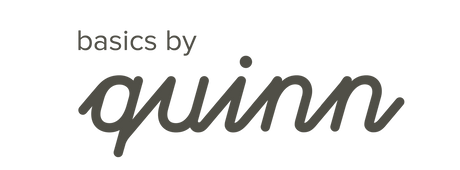
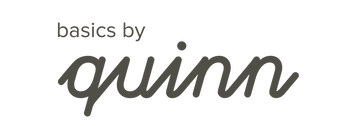
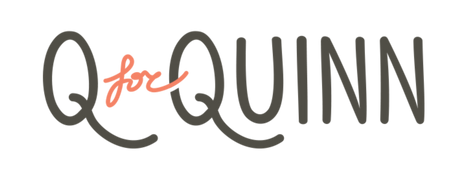
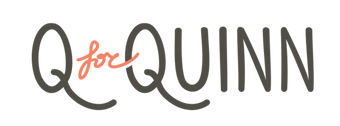



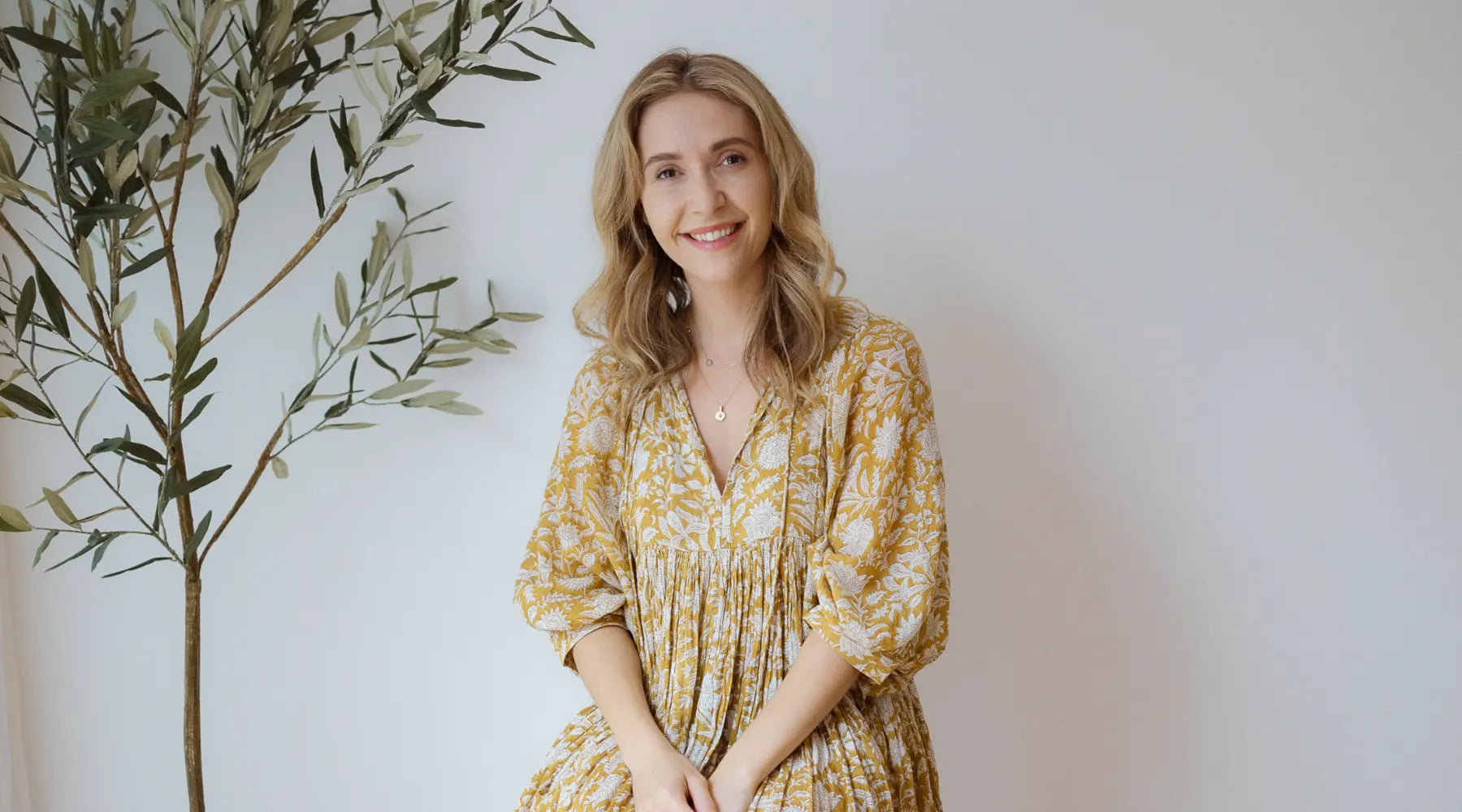










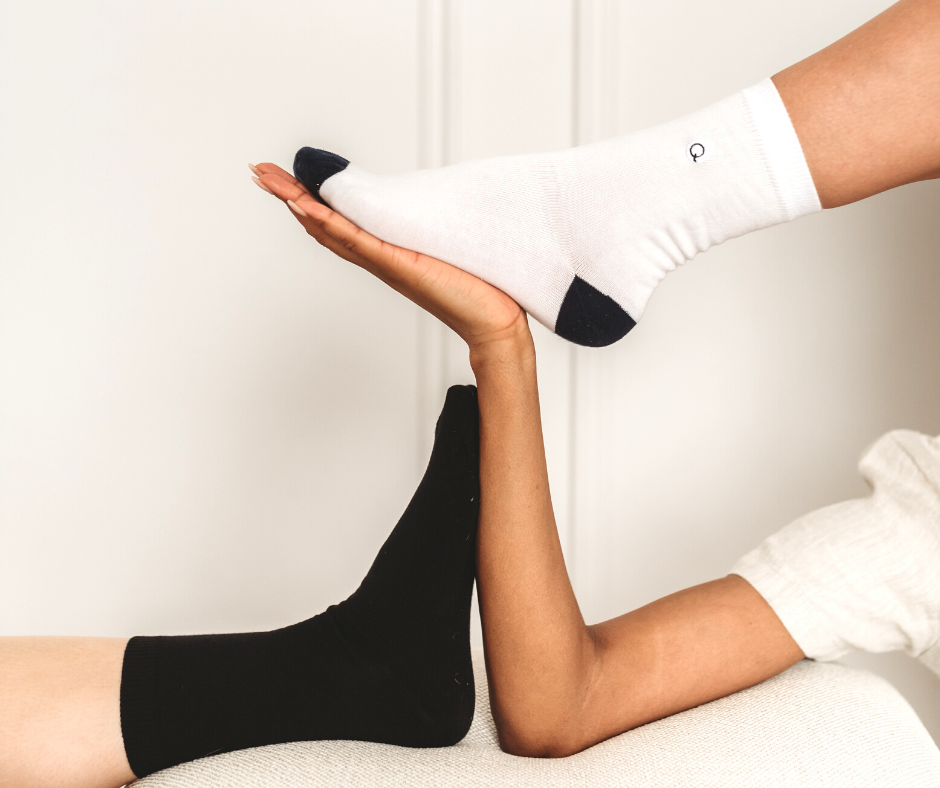
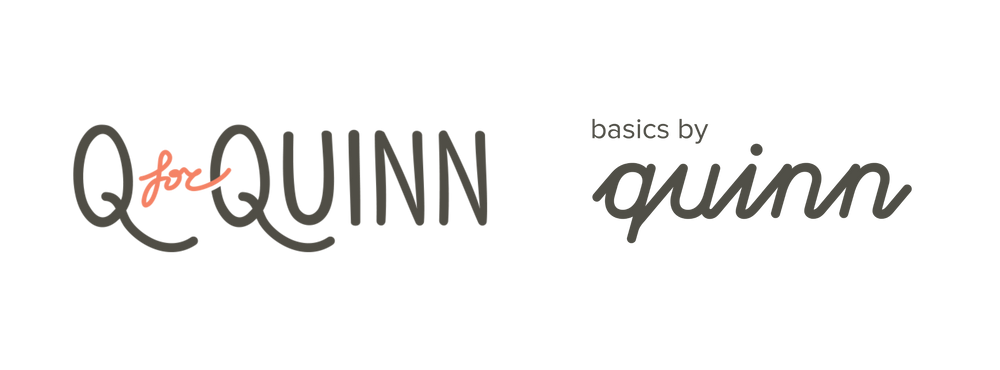
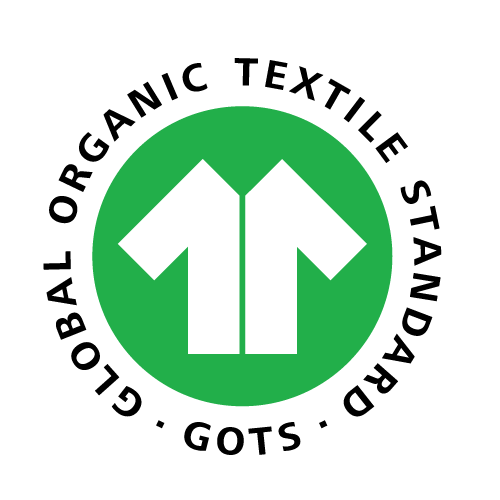
Leave a comment